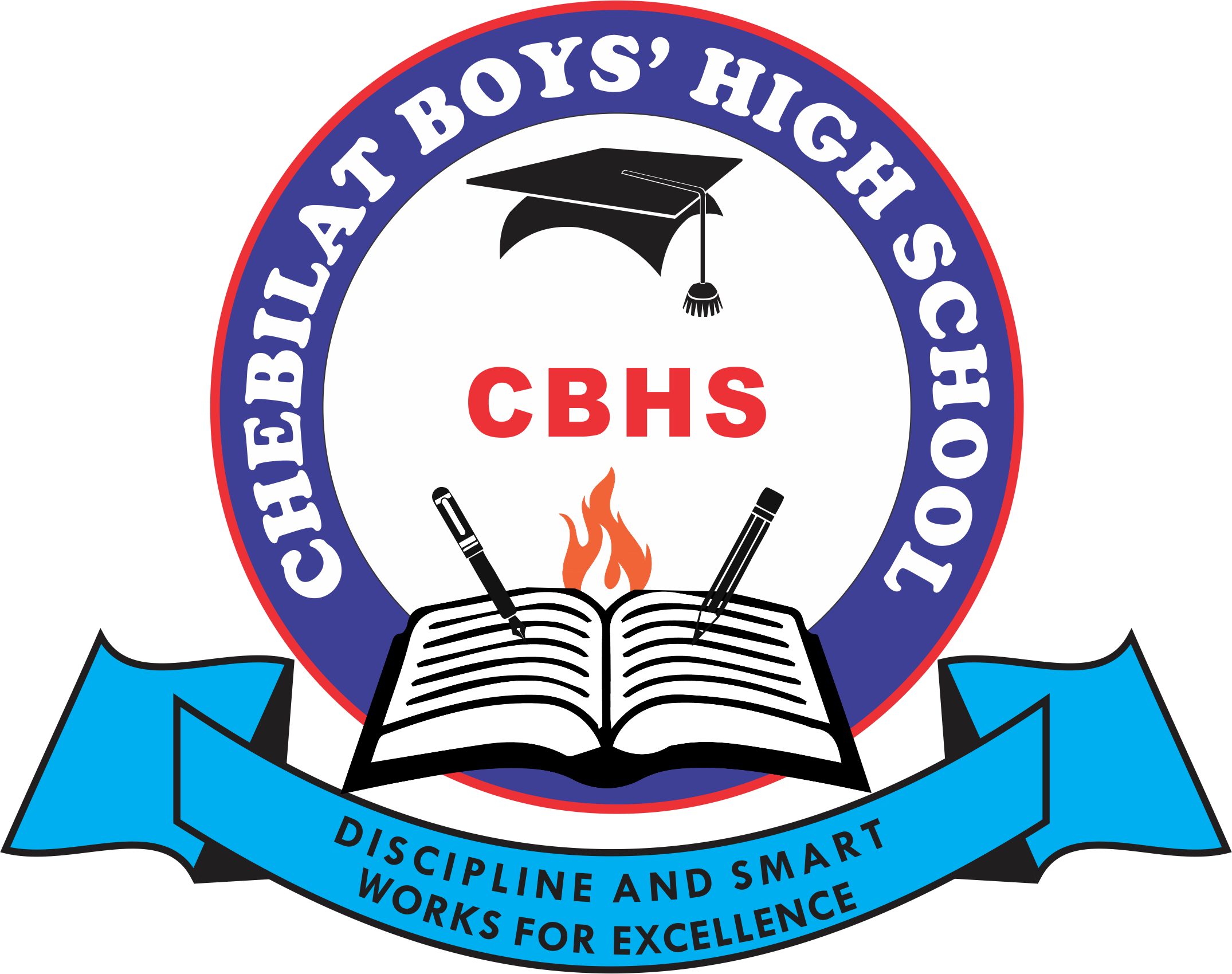Entri blog oleh Lida Blacklock
Introduction
On the search for online GCSE tutors London because the curriculum feels hefty and time is tight? This plan pairs experienced on-line tutoring with city-friendly regimens and connects to your Rate 1 page for side-by-side contrasts and reservation.
Map the Requirements into London-Friendly Chunks
Start with exam-board clarity and the proper tier. AQA, Edexcel, and OCR emphasise slightly various abilities and phrasing; Higher and Structure rates need distinct practice collections. Solid online gcse tutor milton keynes tutors London convert those subtleties right into little teachable blocks, after that spiral back with interleaving so expertise remains "cozy" in between sessions (LSI: GCSE tuition online).
Recommended device map (adjust to subject)
Maths: number, algebra, ratio & & percentage, geometry & & measures, chance, stats.English: evaluation, structure, contrast, context, quote craft and examination.Scientific Research (Trilogy/Separate): cell biology, atomic structure, measurable chemistry, power, forces, inheritance, ecology.Turning points that keep you truthful
Week 0 analysis: Standard ratings; agree target grade and top priority subjects.Week 3 checkpoint: Micro-mock in weak strands; objective ≥ 70% on familiar content.Week 6 checkpoint: Blended timed paper; tighten timing and mark-scheme signposting.Pre-mocks: Full documents; improve accuracy making use of examiner-report styles.Build a Weekly Routine That Endures London Life
Consistency beats cramming, especially with long school days and commutes. Maintain the loop limited.
Weekly design template
Lesson (60 minutes): Idea → design remedy → assisted practice → one timed concern.Research (60-- 90 minutes): Past-paper sets lined up to the lesson; self-mark with the scheme.Review (10-- 15 mins): Update the error journal; create a one-line "rule" for each and every error.Remember (15-- 20 mins): Flashcards for formulae, quotations, meanings, or vital facts.Monthly: Mini-mock + two-line progress report with next actions.Technique tips from skilled tutors
Contact the mark plan: state assumptions, reveal alternatives, and make use of command words (" discuss", "examine", "compare").Usage worked-example fading: begin with advice, eliminate scaffolds up until you can do it chilly.Alternating obstructed method (one topic) with interleaving (blended subjects) to build agility.Practise examination layout-- clear representations, labelled steps, concise sentences.Devices, Accountability, and Motivation
Technology needs to simplify learning. Establish a lightweight toolkit and a clear progression path.
Your on-line toolkit
Interactive white boards + screen sharing for online modelling.Topic-tagged inquiry banks with difficulty ramps.Past papers and examiner-report highlights to prevent usual traps.Shared progression sheet: targets, scores, and days for mocks/parents' evenings.Short recorded clips of knotty explanations for reliable 1.25 × rewatching.Quick wins for tonight
Transform three current blunders into flashcards (policy + mini instance).Re-write one long answer with clearer signposting to match the mark scheme.Do a 20-minute sprint on a weak strand; mark instantly and record 2 lessons learned.FAQs
Is one-to-one always much better than little groups?
Both can work. Small groups (2-- 4) are cost-efficient for examination method if responses stays certain; top up with occasional one-to-one for persistent topics or grade-9 stretch.
Can tutors coordinate with college targets and predicted qualities?
They should. Share college feedback; a good tutor straightens the strategy with upcoming assessments and concentrates homework on the specific skills that move predicted qualities.
Suppose my teenager battles to concentrate on display?
Use shorter lessons, camera-on expectations, and specific goals. End each session with a "next-question cue" so the next step is apparent and momentum proceeds between lessons.

The number of hours weekly do London pupils typically book?
Commonly 1 hour per topic in stable periods, increasing to 2 hours near mocks and finals. Short, focused sessions coupled with timed independent technique normally defeat much longer, infrequent lessons.
Are recordings valuable or distracting?
Valuable-- when targeted. Maintain short clips of complicated actions; rewatch at 1.25 × and effort one connected question right away to seal the technique.

